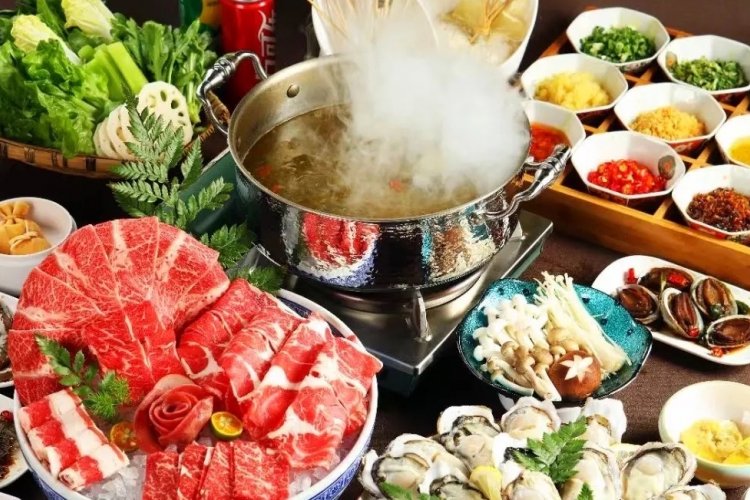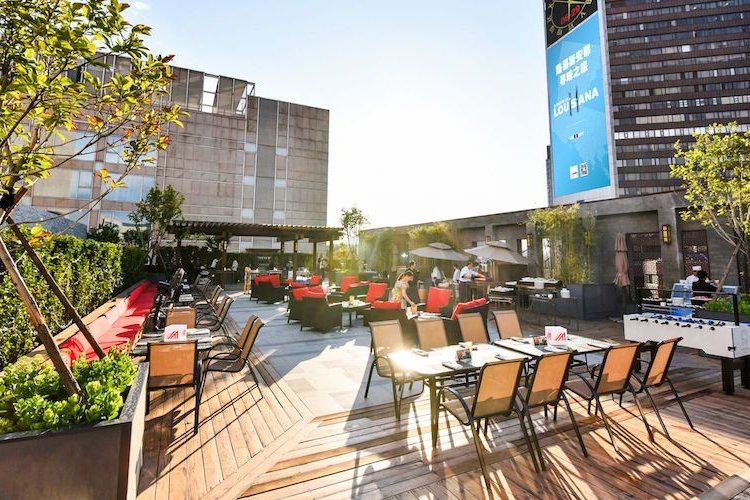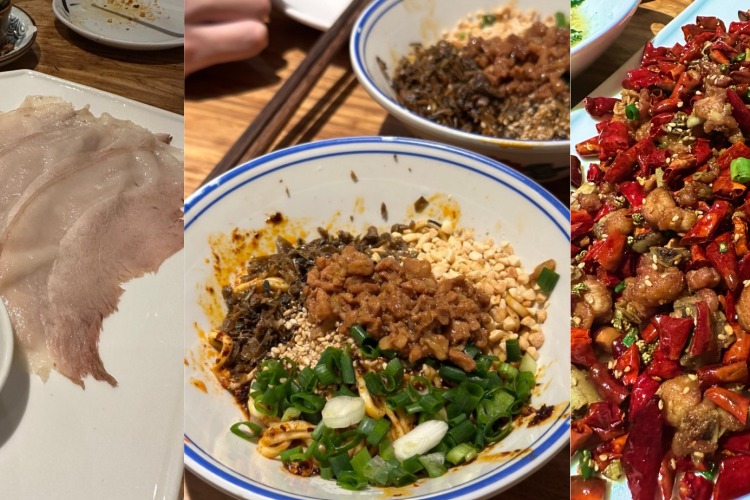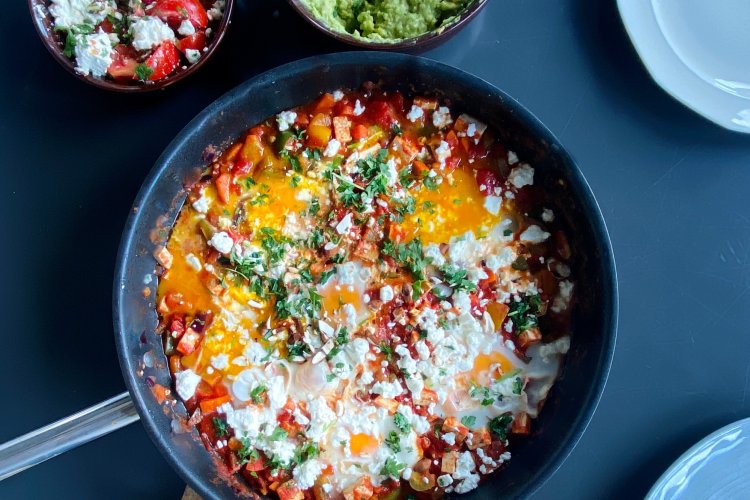Xiaolongkan Exposed For Selling 2 Tons of Gutter Oil Over Two Years
The People’s Court of Shanxi province recently rendered a criminal verdict which disclosed a franchised Xiaolongkan hot pot restaurant in the city of Yulin was using gutter oil in their hot pot base soup. The case revealed that more than 2 tons of gutter oil had been used in a span of two years. Five people were indicted for the production, sale, and distribution of harmful raw ingredients.
Gutter oil is recycled out of waste oil collected from sources such as restaurant fryers, sewers, and grease traps, then reprocessed and sold as cooking oil – usually to street vendors and hole-in-the-wall restaurants. It can contain carcinogens and other toxins that are harmful when consumed by humans.

On Jul 15, a reporter from Beijing News called Xiaolongkan’s food safety hotline and was told by staff that Xiaolongkan has terminated the franchise agreement with the indicted restaurant. Xiaolongkan Food and Beverage Management Company also issued an apology saying that it has fully cooperated with the local authorities to deal with the incident since the investigation began in 2019.
China has long battled food safety concerns around the practice of using gutter oil in hot pot and other dishes. According to legal experts, restaurants turn to gutter oil when they want to cut costs, and many vendors have been involved in such clandestine operations.
Founded in 2014, Xiaolongkan is a popular Sichuan hot pot chain that has aggressively expanded across China. The hot pot powerhouse has four Beijing locations – in Sanlitun, Shunyi, Wangjing, and Wudaokou – as well as over a thousand stores in mainland China and multiple overseas franchises including Tokyo, Melbourne, and New York City.
READ: Hate Indoor Smoking? Here's How to Report It
Images: Weibo
Related stories :
Comments
New comments are displayed first.Comments
![]() Sikaote
Submitted by Guest on Mon, 07/20/2020 - 08:17 Permalink
Sikaote
Submitted by Guest on Mon, 07/20/2020 - 08:17 Permalink
Re: Xiaolongkan Exposed For Selling 2 Tons of Gutter Oil Over...
Gutter oil is recycled out of waste oil collected from sources such as restaurant fryers, sewers, and grease traps, then reprocessed and sold as cooking oil – usually to street vendors and hole-in-the-wall restaurants. It can contain carcinogens and other toxins that are harmful when consumed by humans.
I thought MSG was used for unami.
Huh.

Validate your mobile phone number to post comments.







